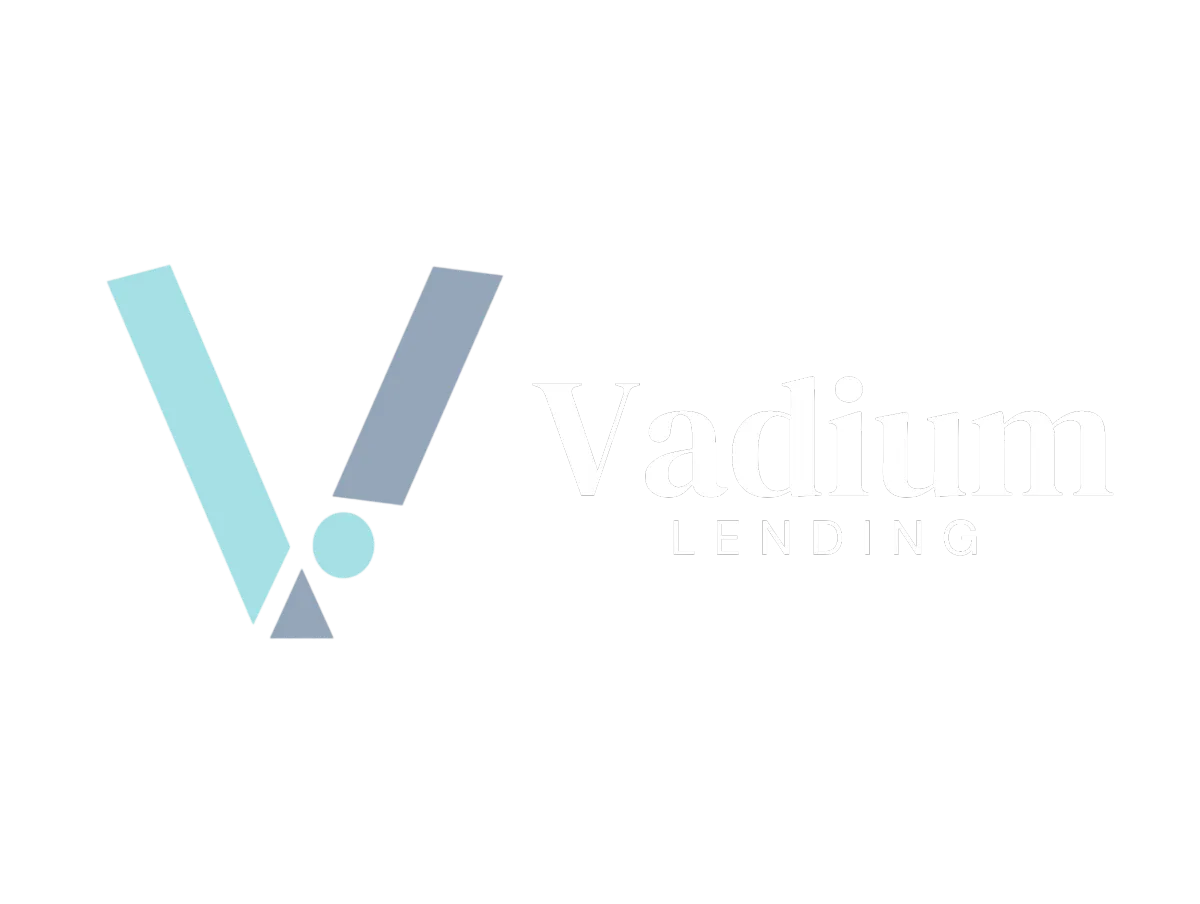Home Loans
Our Services, YOUR Options
Leveraging Debt to Achieve Wealth

Purchase
We provide Home Loans to those looking to purchase a:
First Home
Investment Property
SMSF Property
DHOAS Loan
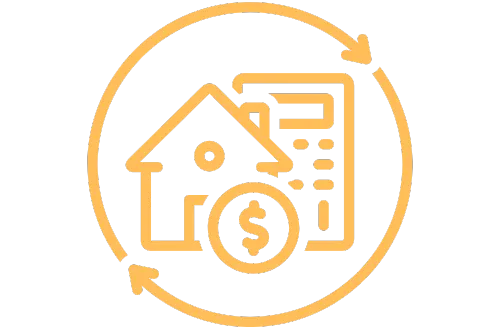
Refinance
Refinance options for those looking to:
Save
Invest
Consolidate Debt
Renovate / Restructure

Investment Loans
Solutions for those looking to upgrade or expand your:
Current Home
Property Portfolio
SMSF Loan Strategy
Loan Structure
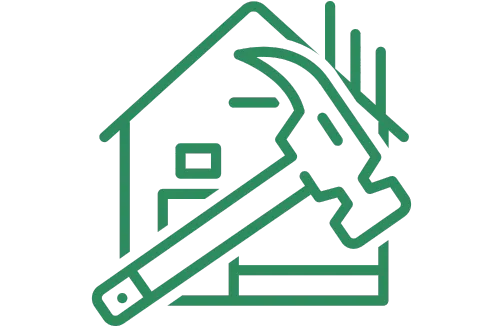
Construction Loans
Construction loans for those needing funds for:
House and Land Packages
Owner Builders
Build on your Block
Government Incentives
Eligibility criteria apply.
Federal Government Scheme
First Home Guarantee (FHBG):
Supporting eligible home buyers to buy a home sooner, with a deposit as little as 5%.
Regional First Home Buyer Guarantee (RFHBG):
Supporting eligible regional home buyers to buy a home sooner, in a regional area, with a deposit as little as 5%.
Family Home Guarantee (FHG):
Supporting eligible single parents and eligible single legal guardians of at least one dependent to buy a home sooner, with a deposit as little as 2%.
Click here to learn more.
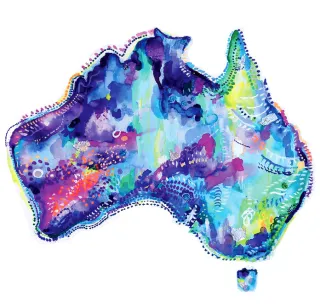
Australian Capital Territory
The ACT Government has a concession scheme to help people to buy the home by removing or reducing duty on any property.
Click here to find out more.
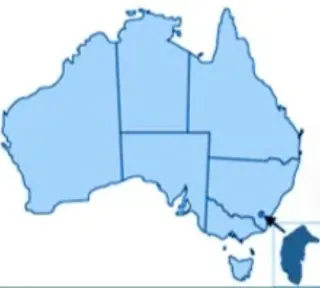
New South Wales
First home buyers in NSW may be eligible for a duty exemption, concession or grant. Key workers, single parents and single people 50 or over may also be eligible for Shared Equity Home Buyer Helper.
First Home Buyers Assistance Scheme:
Full or partial exemption on Stamp/transfer duty.
First Home Owners Grant (New Home):
$10,000 towards the purchase price, in addition to the First Home Buyers Assistance Scheme benefits.
Shared Equity Home Buyer Helper:
Support for eligible first home buyer key workers.
Click here to find out more
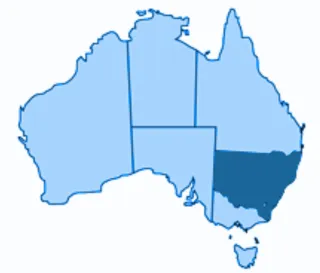
Northern Territory
If you are buying or building a new home, you can apply for a First Home Owner Grant (FHOG) of $10,000.
Click here to learn more.
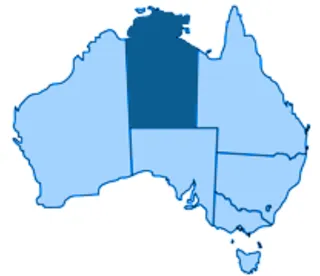
Queensland
The first home owner grant gives eligible first-time home buyers $15,000 towards buying or building a new home in Queensland.
The regional home building boost grant gives eligible applicants $5,000 after the purchase or construction of a brand-new house, unit or townhouse in regional Queensland.
When you buy or acquire a residence or vacant land on which you intend to build your first home, you may be able to claim a concession that reduces the amount of transfer duty you have to pay.
Click here to learn more
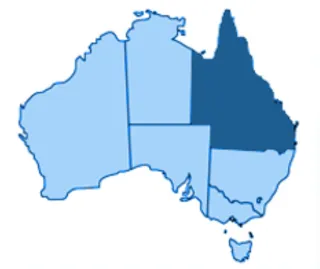
South Australia
First Home Owner Grant: You may be eligible for a first home owner grant of up to $15,000
Stamp Duty Relief for Eligible First Home Buyers: You may be eligible for a stamp duty relief on the transfer of land.
Click here to learn more
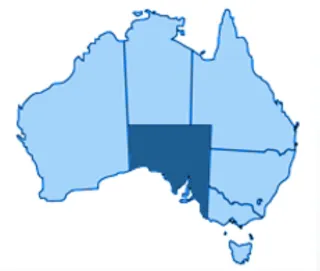
Tasmania
A first home owner grant is available to eligible applicants who purchase or build a new home in Tasmania. $30 000 grant: for transactions that commence between 1 April 2021 and 30 June 2024.
Click here to learn more.
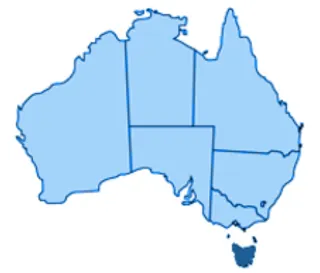
Victoria
In Victoria you can receive $10,000 with the First Home Owner Grant (FHOG) If you are buying or building a new home valued up to $750,000.
To be eligible, the home must not have been previously sold or occupied. You may also be eligible for, and receive, more than one exemption, concession or reduction from stamp duty for your property.
Click here to find out more
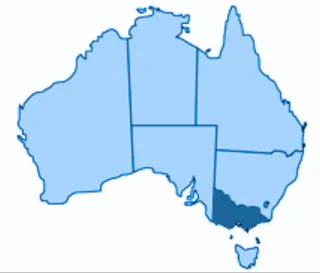
Western Australia
You may be eligible to the grant being $10,000 or the consideration paid to buy or build the house if less than that amount.
Click here to learn more.
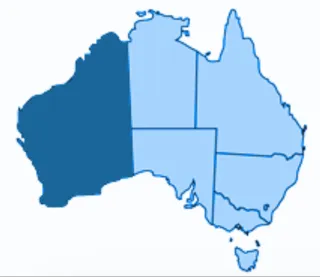

Understanding Mortgage Terminology
Understanding Mortgage Terminology
In this article, we'll break down additional key concepts and terminology to empower potential borrowers with the knowledge they need to confidently navigate the home loan process.
Deposit: The deposit is the initial lump sum payment made by the borrower towards the purchase of a property. Lenders typically require a minimum deposit, expressed as a percentage of the property's purchase price, which can vary depending on factors such as the borrower's financial situation and the type of loan.
Loan Term: The loan term refers to the length of time over which the borrower agrees to repay the loan. Common loan terms range from 25 to 30 years, although shorter terms may be available. It's important for borrowers to consider their financial goals and circumstances when selecting a loan term.
Fixed vs. Variable Rate: Borrowers have the option to choose between a fixed interest rate, which remains unchanged for a specified period, or a variable interest rate, which can fluctuate over time in response to changes in the market. Each option has its pros and cons, and borrowers should carefully consider their preferences and risk tolerance before making a decision.
Repayment Frequency: Repayment frequency refers to how often borrowers make repayments on their loan. Common options include monthly, fortnightly, or weekly repayments. Choosing a more frequent repayment schedule can help borrowers pay off their loan faster and reduce the total amount of interest paid over the life of the loan.
Exit Fees: Exit fees, also known as early repayment fees or break costs, are charges imposed by lenders when borrowers pay off their loan before the end of the agreed loan term. These fees can vary depending on the type of loan and the lender's terms and conditions, so borrowers should be aware of potential exit fees when considering their loan options.
We aim to empower potential borrowers with the knowledge and understanding they need to make informed decisions about their home loan. Whether it's understanding the deposit requirements, selecting the right loan term, or navigating the options between fixed and variable rates, our goal is to provide clarity and guidance throughout the home loan process.
Credit Representative Number 545975 is authorised under Australian Credit Licence 384324 (outsource Financial Pty Ltd). This is general information only and is subject to change. Your complete financial situation will need to be assessed before acceptance of any proposal or product. Vadium Lending (ABN 62 213 831 884).

Understanding Mortgage Terminology
Understanding Mortgage Terminology
In this article, we'll break down additional key concepts and terminology to empower potential borrowers with the knowledge they need to confidently navigate the home loan process.
Deposit: The deposit is the initial lump sum payment made by the borrower towards the purchase of a property. Lenders typically require a minimum deposit, expressed as a percentage of the property's purchase price, which can vary depending on factors such as the borrower's financial situation and the type of loan.
Loan Term: The loan term refers to the length of time over which the borrower agrees to repay the loan. Common loan terms range from 25 to 30 years, although shorter terms may be available. It's important for borrowers to consider their financial goals and circumstances when selecting a loan term.
Fixed vs. Variable Rate: Borrowers have the option to choose between a fixed interest rate, which remains unchanged for a specified period, or a variable interest rate, which can fluctuate over time in response to changes in the market. Each option has its pros and cons, and borrowers should carefully consider their preferences and risk tolerance before making a decision.
Repayment Frequency: Repayment frequency refers to how often borrowers make repayments on their loan. Common options include monthly, fortnightly, or weekly repayments. Choosing a more frequent repayment schedule can help borrowers pay off their loan faster and reduce the total amount of interest paid over the life of the loan.
Exit Fees: Exit fees, also known as early repayment fees or break costs, are charges imposed by lenders when borrowers pay off their loan before the end of the agreed loan term. These fees can vary depending on the type of loan and the lender's terms and conditions, so borrowers should be aware of potential exit fees when considering their loan options.
We aim to empower potential borrowers with the knowledge and understanding they need to make informed decisions about their home loan. Whether it's understanding the deposit requirements, selecting the right loan term, or navigating the options between fixed and variable rates, our goal is to provide clarity and guidance throughout the home loan process.
Credit Representative Number 545975 is authorised under Australian Credit Licence 384324 (outsource Financial Pty Ltd). This is general information only and is subject to change. Your complete financial situation will need to be assessed before acceptance of any proposal or product. Vadium Lending (ABN 62 213 831 884).


